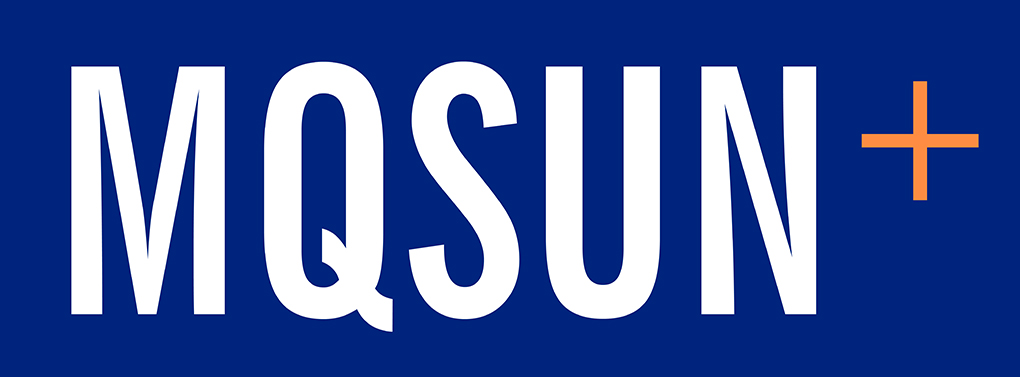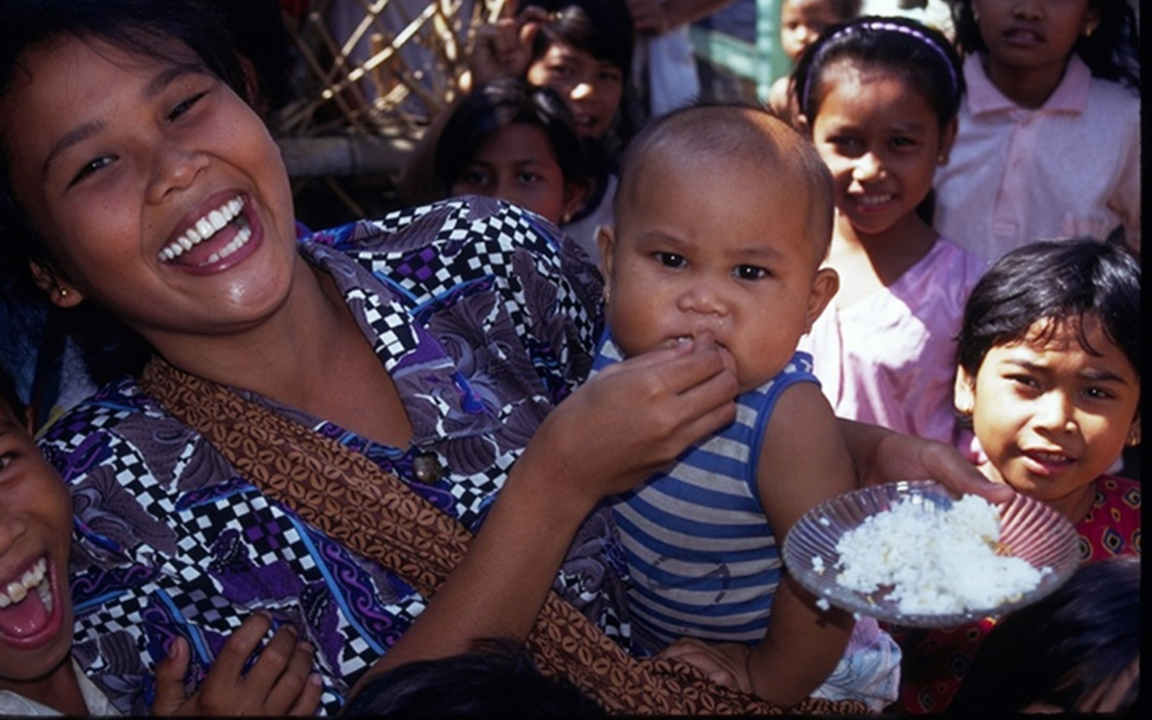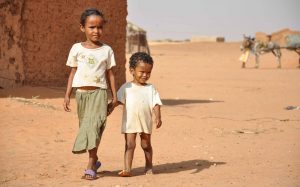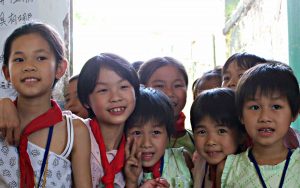Conducting a budget analysis allows a country to take stock of their nutrition financing at the national level, which can help them more effectively plan for the utilisation of existing nutrition resources to reach the target populations. The SUN Movement encourages partners to also leverage this information for stronger advocacy cases to scale up nutrition through devoted financing. Since 2016, Maximising the Quality of Scaling Up Nutrition Plus (MQSUN+) has supported two budget analysis exercises for SUN Movement countries and is preparing to support this year’s exercise beginning in late 2019. MQSUN+ provided technical assistance (TA) to 24 SUN countries in the 2016 analysis and 16 countries in the 2018 analysis—including five countries that were supported in both rounds.
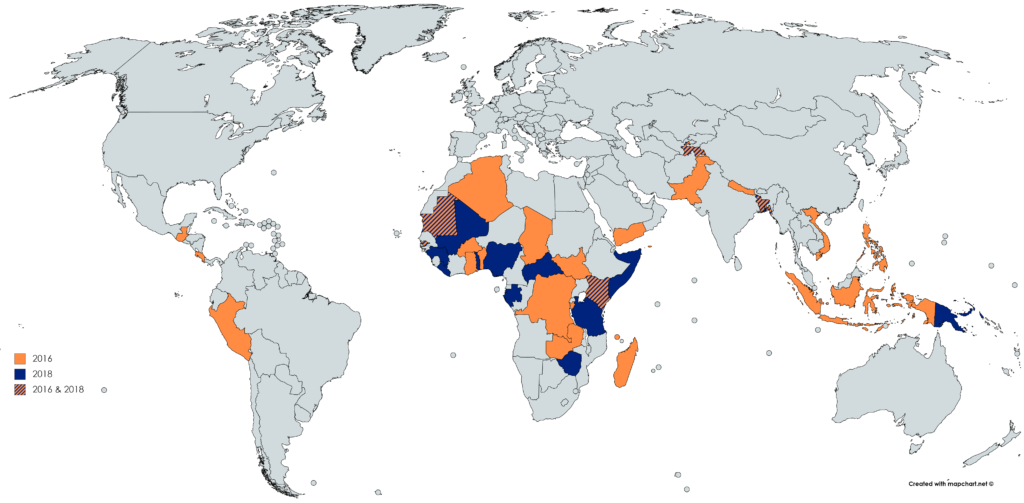
Many SUN countries who received MQSUN+ TA on budget analysis have noted it to be an enlightening experience. Several countries expressed a greater understanding of the benefits of conducting a budget analysis—which has contributed to improvements in how countries look at their own investments in nutrition. Participating in the exercise has allowed government stakeholders to actively recognise the level of funding that their national budget apportions to nutrition-related activities, and in many cases, they have realised how little funding it receives and/or the degree to which nutrition is entirely overlooked throughout the budget. The detail of the analysis also shows where and how the funds are being used in relation to nutrition in order to identify gaps and to consider how to better budget or plan for the future of scaling up nutrition in action. This encourages stakeholder engagement with advocacy efforts as they can strategically focus future priorities for the funding of nutrition interventions and more effectively communicate their messages. This is especially important, as more countries prefer to engage with national ownership of funding priorities and align external donor financing with their national priorities.
MQSUN+’s technical assistance is provided through two approaches—remote or in-person—depending on the needs and the capacity of the country. Remote support—the most common—can either be directly engaging country stakeholders to collate the budget data and assisting them to fill out the spreadsheet or indirectly by collating the spreadsheet from publically available expenditure data without direct country engagement. The second less-common approach is in-person support—either through local consultants or field visits. Both direct remote support and in-person support incorporate a certain amount of country capacity strengthening as it includes the provision of guidance to government stakeholders to identify nutrition-specific and nutrition-sensitive interventions in the budget line items. These key stakeholders can then adapt the guidance to their context, contribute to the completion of the budget analysis exercise and build their capacity to carry out the exercise themselves in future rounds.
Looking to maximise future budget analysis exercises, MQSUN+ is currently collating positive practices to consider in the process of conducting budget analysis for nutrition—both from the perspective of a TA provider and a SUN country. A snapshot of ‘good practice’ examples include: having a central convenor in-country to set expectations for the exercise, establish next steps based on the results and act as a liaison with the consultant team; being able to conduct preliminary work to gather budget-related documentation for validation with local stakeholders; maintaining flexibility to adapt the SUN to the local context; and utilising stakeholder workshops to enhance cross-sector communication during and after the process. This report will allow MQSUN+, the SUN Movement Secretariat (SMS) and SUN countries to step back and take stock of what works for countries and will illustrate findings that should be revisited and adapted as future rounds progress.
Supporting the national budget analysis process in 40 countries to date has demonstrated important, illustrative findings that SMS can use moving forward to provide guidance to SUN countries in future exercises. More importantly, these analyses can strengthen capacity on-the-ground as SUN country stakeholders take the information and use it to advance scaling up of nutrition efforts in their local contexts.
